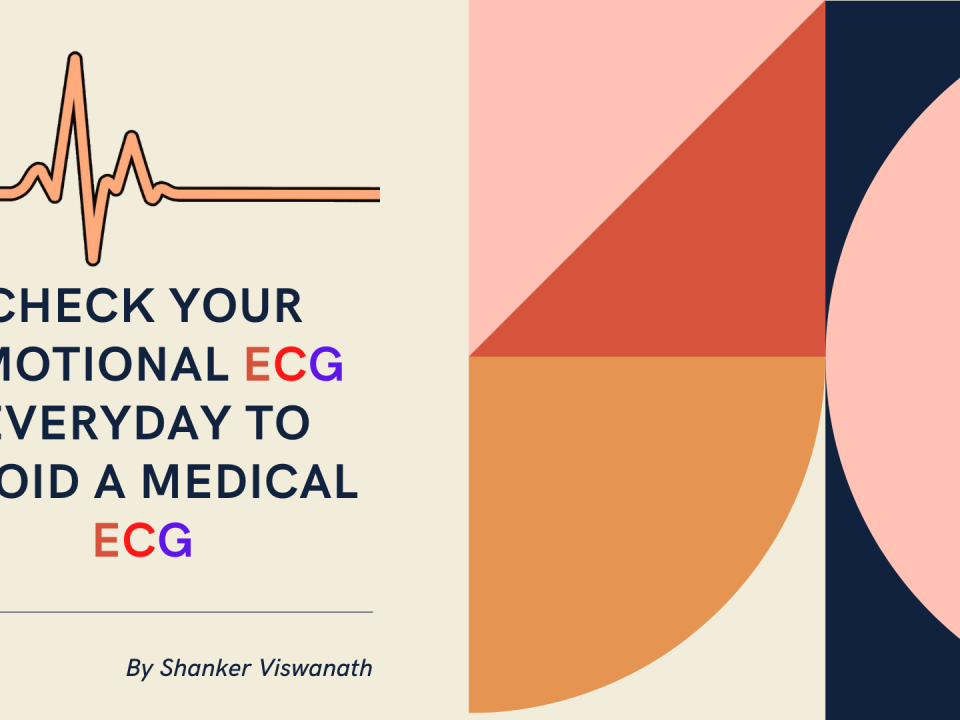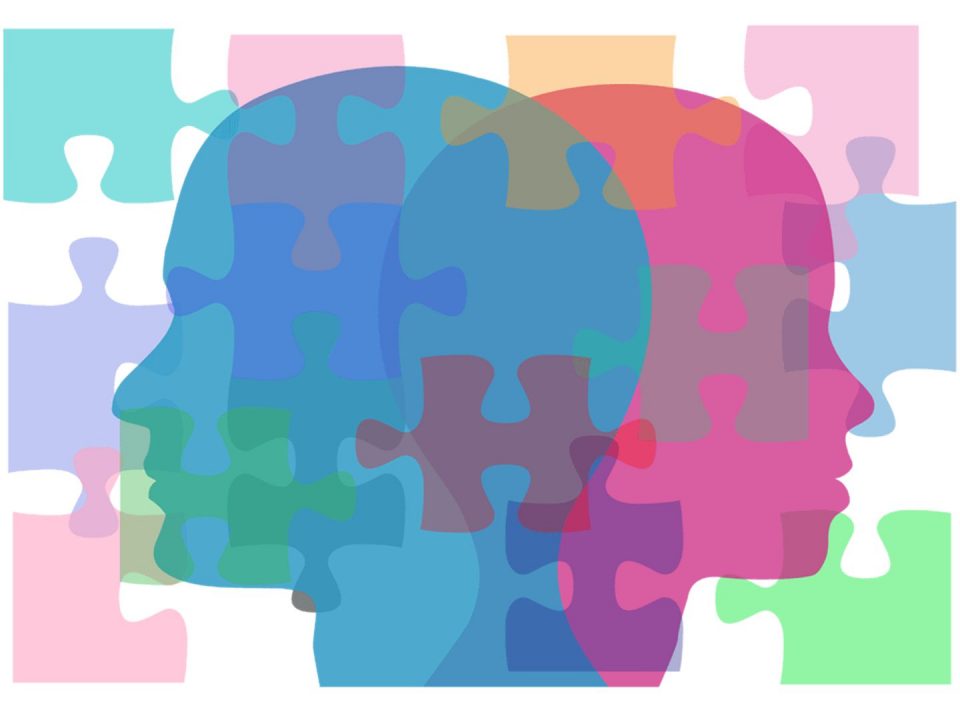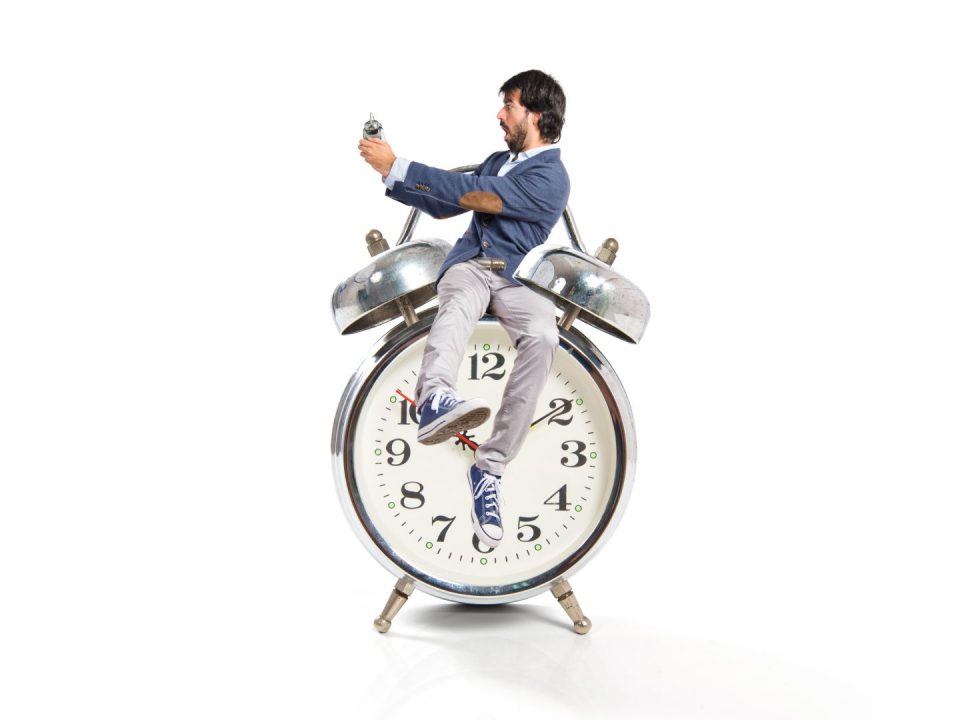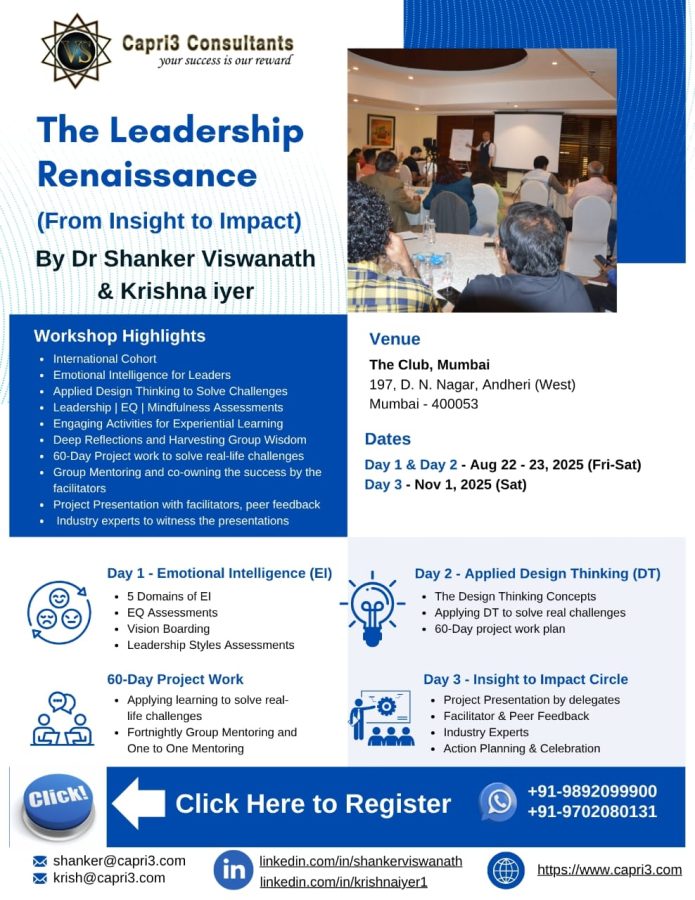
What is Stress?
- It is a by product of the reaction people have to excessive pressure of demanding situations.
- It is dominated by worry, anxiety and hence they can’t cope.
- Stress is the “wear and tear” which our minds and bodies experience as we attempt to cope with our continually challenging and changing environment
Simply put, the Equation would look as: S = P > R (where P stands for Pressure and R for Resources)
Stress occurs when the Pressure of achieving something is greater than the Resources
Positive & Negative Stress
Positive stress can: Motivate us to be aware, better prepared, and open to new challenges and experiences
Negative stress can: Lead to constant worry, health problems, anger & discouragement, and a decrease in performance
Why Does Stress Occur?
- Personal & Family High Expectations
- Academic and Social Demands
- Relationships – Romantic or Friends
- Family Problems at Home
- Lack of Sleep
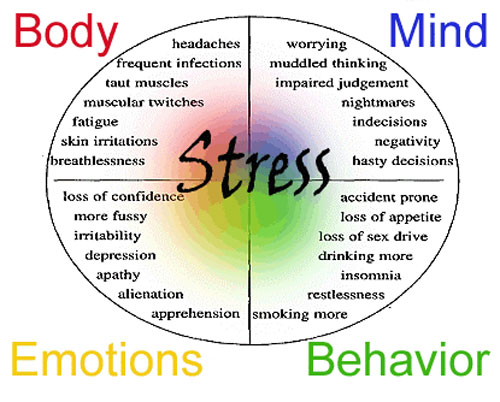
Effects of Stress
Symptoms of stress appear in many ways. Everyone is different how they feel their stress – here are the different ways:
PHYSICAL – Muscle tension, low immune system, colds, flu, digestive problems, problems sleeping, headaches, low energy
EMOTIONAL – Depression, anger, fear or anxiety, feeling overwhelmed, moods swings, irritability, embarrassment
More Effects
COGNITIVE – Difficulty concentrating, forgetfulness, critical self-criticism, unwanted or repetitive thoughts, mental disorganization
BEHAVIORS – Impulsive actions, crying, over eating or not eating, snapping at friends, isolation, nervousness, increase of alcohol or other numbing substances, total lack of ability to function as needed
Some of the common Sources of Stress
Primarily, 3 factors that contribute to Stress
- Situations
- Body
- Mind
SITUATIONS – What situations cause stress for you?
- Taking exams
- Giving a speech
- Being in a large group
- Roommate problems – dorm life
- Going for Interviews and so on…
Everybody is different and has different triggers
BODY – What changes happen to your body when stress hits?
- Chronic stress can cause headaches, muscle tension
- Stomach aches
- Migraines
- Insomnia
- Tight chest, feelings of panic
Learn to know how you experience stress
MIND – The mental message you tell yourself are POWERFUL
Negative Messages –
- If I don’t get an A, I am a failure
- I always have to be and appear perfect
- If I don’t do well, my family will be so disappointed in me
Positive Messages –
- I’m studying hard and doing the best I can
- I will do well because I know I tried
- I am a worthy person whether I get perfect grades or not
Know your Stress - Keeping a Stress Journal or just being more aware can help you immensely.
Ask yourself…
- What caused the stress?
- How did I feel both physically and emotionally?
- How did I react and respond?
- How did I help myself to feel better?
- As you become more aware you will begin to see patterns & common themes
Unhealthy Coping - These are some of the Unhealthy Ways to cope with Stress:
- Drinking or eating too much
- Zoning out with TV or video games
- Lashing out at others – blaming others for everything
- Withdrawing from people & skipping class
- Procrastination
- Avoiding facing real problems

